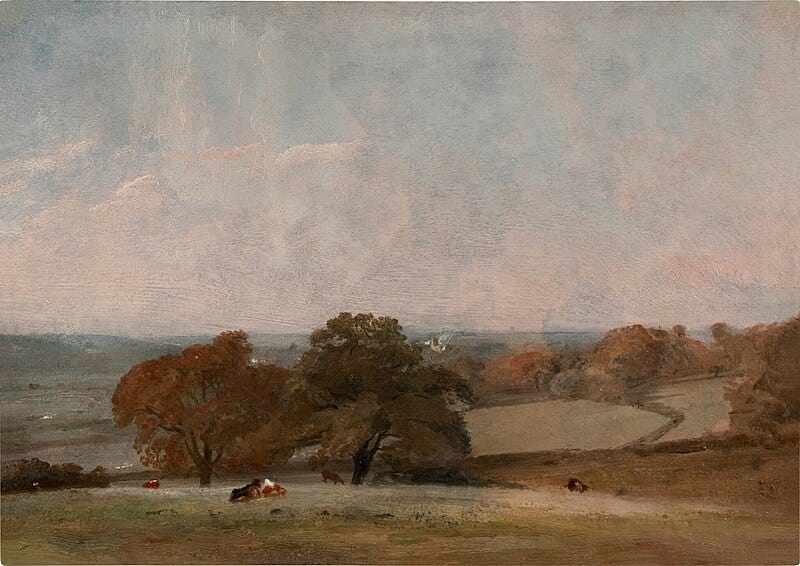
The life of the English poet John Clare (1793–1864) overlapped significantly with the careers of both Wordsworth and Tennyson, and with both Romanticism and Victorianism — to neither of which did Clare precisely belong, not least because he was a working man. The son of a Northamptonshire farm laborer, Clare himself worked on the land. Through his own toil, he nurtured in himself a deep affinity for the soil and what grew in it, and for the traditional society that had long coexisted with the countryside.
He felt the developments of the Industrial and Agricultural Revolutions — the draining of the fens, for example, which had defined an entire way of life in East Anglia — as a personal shock. Sensitive and eccentric to the point of incarceration in a mental asylum (the listed cause of insanity was “years of poetical prosings”), and influenced by the nature mysticism of the Romantics, he remained neverthele…
Keep reading with a 7-day free trial
Subscribe to Poems Ancient and Modern to keep reading this post and get 7 days of free access to the full post archives.



